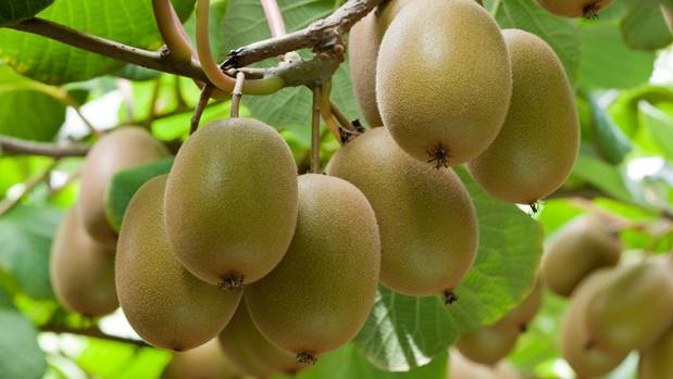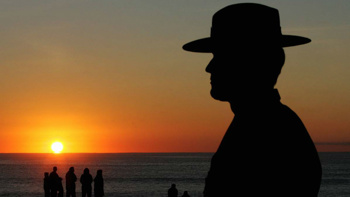
The High Court has partially upheld a claim brought by Strathboss Kiwifruit Ltd - representing a class of kiwifruit orchardists - and Te Puke-based post-harvest operator, Seeka, against the Ministry for Primary Industries over the outbreak of the bacterial disease Psa in 2010.
Two kiwifruit orchards in Te Puke were the first to report symptoms but the disease quickly spread and caused widespread damage to the industry.
A compensation package put together by the industry and Government came to an end when the strategy of aggressive containment was unsuccessful.
Strathboss and Seeka claimed the disease came from a Chinese consignment of kiwifruit anthers - the part of the flower from which pollen is extracted - imported into New Zealand pursuant to an import permit granted by MAF.
The permit was granted to a private company involved in the business of artificially pollinating kiwifruit orchards.
The permit was intended to allow the company to import pollen, not anthers.
Judge Jillian Mallon said that the claimants had proven, on the balance of probabilities, that the consignment was the cause of the outbreak. Justice Mallon also said that the Crown did not have any immunity from the claim under the Biosecurity Act, as it had claimed.
Justice Mallon found that the then Ministry of Agriculture and Fisheries (MAF) had responsibility for controlling what goods could be imported into New Zealand.
"MAF knew kiwifruit plant material was a risk good and that Psa was a disease associated with kiwifruit plant material," she said.
"It was, or should have been, obvious to MAF that if pollen was not free of plant material or other contaminants and was to be used commercially to artificially pollinate kiwifruit orchards, the vines and crops of those orchards were at risk of harm," Justice Mallon said.
"Orchardists suffered direct harm to their property from a risk over which they had no control and for which they had to rely on MAF for protection," she said.
A duty of care was therefore owed to kiwifruit growers who suffered that direct harm.
General concerns about indeterminate and disproportionate liability were not sufficient to override the growers right to compensation for that harm. However, MAF did not owe a duty of care to Seeka as post-harvest operators were one step removed from the direct harm suffered by growers.
Justice Mallon also found that MAF had breached its duty of care when deciding whether to grant import permits for pollen.
The claim involved a group of 212 kiwifruit growers and NZX-listed post-harvest Seeka, who alleged that the then Government agency Biosecurity NZ was negligent in allowing the Psa virus to be introduced into New Zealand.
The outbreak, which cost the industry an estimated $885 million, hit New Zealand's most productive growing areas on the North Island's east coast between 2010 and 2013.
The growers, in a statement of claim was about "official accountability and just redress for the destruction of so many kiwifruit growers' livelihoods".
The claim seeks damages from the Attorney-General, representing the Ministry for Primary Industries, which absorbed Biosecurity NZ.
The litigation is being supported by litigation funder, LPF Litigation Funding, a New Zealand-owned company chaired by former Court of Appeal and Supreme Court Judge Bill Wilson QC.
The plaintiffs alleged MPI failed to follow its own regulations under the Biosecurity Act and this failure caused the PSA incursion in 2009/2010.
The Psa virus swept through the kiwifruit heartland of the Bay of Plenty in 2010/11, hitting the gold variety known as Hort16a particularly hard.
Take your Radio, Podcasts and Music with you









